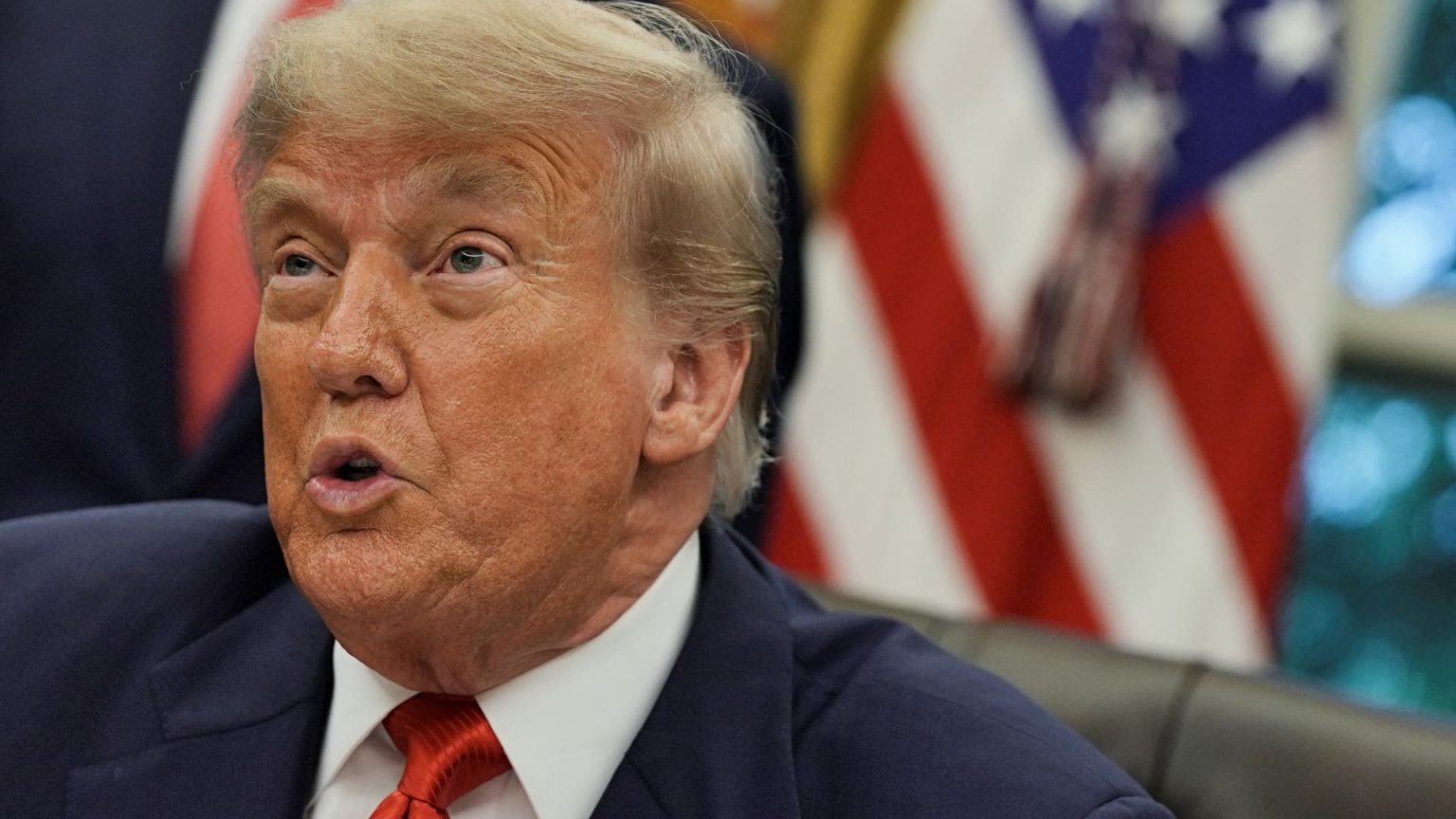In a recent interview, U.S. President Donald Trump issued a warning to Democratic mayoral candidate Zohran Mamdani, indicating that federal funding could be at risk if he does not adhere to the expectations set by the federal government. This statement came amid growing tension regarding Mamdani’s political ideology and recent electoral success. The exchange highlights Trump’s ongoing strategy to exert influence over local politics, particularly in states led by Democratic officials.
| Article Subheadings |
|---|
| 1) Trump’s Warning to Mamdani |
| 2) History of Funding Threats |
| 3) Mamdani’s Counterarguments |
| 4) Implications for New York City |
| 5) Broader Political Context |
Trump’s Warning to Mamdani
During an interview with Fox News, President Donald Trump voiced strong sentiments regarding the leadership of Zohran Mamdani, a recent Democratic candidate for Mayor of New York City. Following Mamdani’s significant victory over former Governor Andrew Cuomo in the first round of the Democratic mayoral primary, Trump remarked that if Mamdani were to win the election, he must “do the right thing” to avoid jeopardizing federal funding for the city. The comment has drawn considerable attention as it illustrates the ongoing influence of the federal government over state and city governance, especially when political ideologies diverge.
History of Funding Threats
This is not the first time President Trump has utilized the threat of withholding federal funds as a tactic against local politicians. In earlier incidents, he threatened to strip funding from states like California in response to policies centered around social issues, including his opposition to Gavin Newsom‘s regulations concerning transgender athletes in women’s sports. This tendency to leverage funding as a means of pressure has become emblematic of Trump’s approach to governance, particularly when facing rival political ideologies from Democratic leaders.
Mamdani’s Counterarguments
In the face of Trump’s remarks, Mamdani has publicly rejected the label of being a communist, which Trump has frequently used against him. During an appearance on NBC, he expressed frustration over Trump’s focus on his appearance and background rather than his political platform. “I am not [a communist] and I have already had to start to get used to the fact that the president will talk about how I look, how I sound, where I’m from, who I am,” Mamdani stated in response to the allegations. This dismissal signifies Mamdani’s intention to shift the conversation back to his proposed policies and the issues he plans to tackle as a potential mayor.
Implications for New York City
The implications of Trump’s statements are particularly pertinent for New York City, where federal funding plays a vital role in various programs and services. Trump emphasized that whoever serves as mayor must “behave themselves” to avoid stringent financial consequences.
With significant federal funding contributing to social programs, infrastructure, and public services, the risk of losing such support poses a considerable threat to city governance. If Mamdani or any future mayor neglects to align with federal expectations, it could hinder essential services that New Yorkers rely on, including public safety and healthcare programs. The looming threat raises questions about the balance of power between the federal government and local leaders.
Broader Political Context
The contentious relationship between the federal government and state officials is not confined to New York City. Trump’s approach mirrors a broader strategy aimed at diminishing the influence of Democratic leaders and asserting federal authority over local governance. His tactics serve to rally support from Republican constituents who feel that federal intervention is necessary in managing local policies that diverge from conservative principles.
As the 2025 election approaches, this clash of ideologies is expected to escalate, leading to further tensions not only in New York City but across various states grappling with similar political disparities. The repercussions could redefine the relationship between local and federal governance as future candidates navigate the complexities of an increasingly divided political landscape.
| No. | Key Points |
|---|---|
| 1 | President Trump warned upcoming mayoral candidates, specifically Zohran Mamdani, about federal funding consequences. |
| 2 | Trump has a history of threatening to withhold federal funds if local leaders do not align with his policies. |
| 3 | Mamdani has rejected claims of being a communist and highlighted Trump’s focus on personal attributes rather than policies. |
| 4 | Federal funding is crucial for New York City, impacting various social services and governance. |
| 5 | The evolving dynamic between federal and local governments may shape future political strategies and relations. |
Summary
In a politically charged environment, President Trump’s recent remarks aimed at Zohran Mamdani underline the complexities of federal and local government relations. As the conversation about federal funding continues amid rising political tensions, the outcomes of this exchange may significantly influence the governance landscape in New York City. With local leaders navigating the fine line between policy implementation and federal expectations, the future trajectory of political dynamics remains uncertain.
Frequently Asked Questions
Question: What are the potential consequences of Trump’s statements for Mamdani?
The potential consequences include the risk of losing significant federal funding for New York City if Mamdani does not comply with the expectations set forth by President Trump.
Question: How has Trump previously used the threat of funding?
Trump has previously threatened to withhold federal funding from states like California over differing social policies, particularly regarding issues such as transgender athletes in women’s sports.
Question: What are Mamdani’s views on the accusations made against him?
Mamdani has publicly rejected claims of being a communist and criticized Trump for focusing on his appearance and background rather than substantive political issues.


